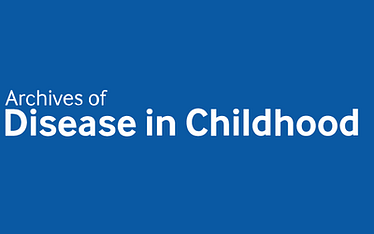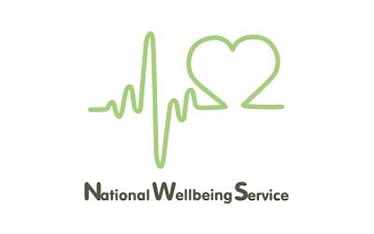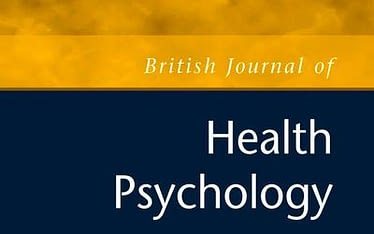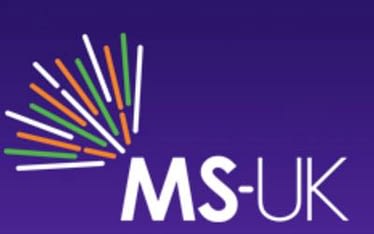Here are some of the research studies on the use of the dû :

Randomised controlled trial: CFS/ME
‘Clinical and cost-effectiveness of the Lightning Process in addition to Specialist Medical care for pediatric Chronic Fatigue Syndrome: randomized controlled trial.’
The ‘Smile’ trial; a RCT run in conjunction with the NHS and the University of Bristol
Two papers had previously been published on this study and you can find a link to them both here:
1. The feasibility and acceptability of conducting a trial of specialist medical care and the Lightning Process in children with chronic fatigue syndrome: feasibility randomized controlled trial (SMILE study)
2. Comparing specialist medical care with specialist medical care plus the Lightning Process® for chronic fatigue syndrome or myalgic encephalomyelitis (CFS/ME): study protocol for a randomised controlled trial (SMILE Trial)

A systematic review of the Lightning Process In Explore Journal
A systematic review of the evidence base for the Lightning ProcessFirst systematic review into the Lightning Process.Found a variance in quality of studies from good to fair and in reported patient outcomes.All studies evidenced a level of benefit from the intervention, commonly for majority of participants.

Drug and alcohol misuse issues
4 research projects on drug and alcohol misuse issues and the Lightning Process
This mixed methods research project evaluated The Rediscovery Process (a version of the LP for alcohol and substance misuse). It was run in conjunction with London Metropolitan University and has now been completed and published. It consists of:
A preliminary RCT
An association study
A systematic review
A qualitative study,
For full details please visit the RCT research site.

Review of the Lightning Process approach to CFS/ME in JEP
‘Understanding the Lightning Process Approach to CFS/ME; a Review of the Disease Process and the Approach.’
Conclusions: This paper resolves the identified gaps in the research and clarifies the hypotheses behind this approach, which has been identified by the evidence base as providing successful outcomes for some. It is hoped this clearer understanding of the approach will assist researchers, clinicians and those with this disabling disease to identify some additional options for potential recovery.

Qualitative study: CFS/ME
Experiences of young people who have undergone the Lightning Process to treat chronic fatigue syndrome/myalgic encephalomyelitis – a qualitative study
Overview: An independent study, published in 2012, found that of the 9 participants with CFS/ME “7 were satisfied and were much improved.

Evaluation of a treatment strategy: Chronic Pain
‘Evaluation of a treatment strategy’
Conclusion: A structured cooperation between doctor and LP instructor has contributed to significant pain reduction and improvement in the quality of life for nine of the twelve youngsters in the project.The remaining three participants had not noticed any effect, either positive or negative.

Proof of concept study: MS
Proof of concept study: Multiple Sclerosis
Abstract: The interim data shows that the LP provided benefit to all participants and there have been no incidents of negative effects. The data suggests that it would be worth pursuing a full Randomised Controlled Trial
“The Proof of Concept study, although being in a small number of subjects, has produced some encouraging and worthwhile results over the 12 month period following participation in the Lightning Process. They indicate that the Lightning Process provides measurable benefits to those with MS and suggests that further larger randomised studies would be beneficial to investigate the role the Lightning Process plays in the well-being and quality of life of MS patients.” MS-UK October 2014.

